'Well, what were you wearing?': These photos show rape is never the victim's fault
It doesn't matter if you were wearing hot pants or jogging bottoms. We repeat: It doesn't matter. At all.
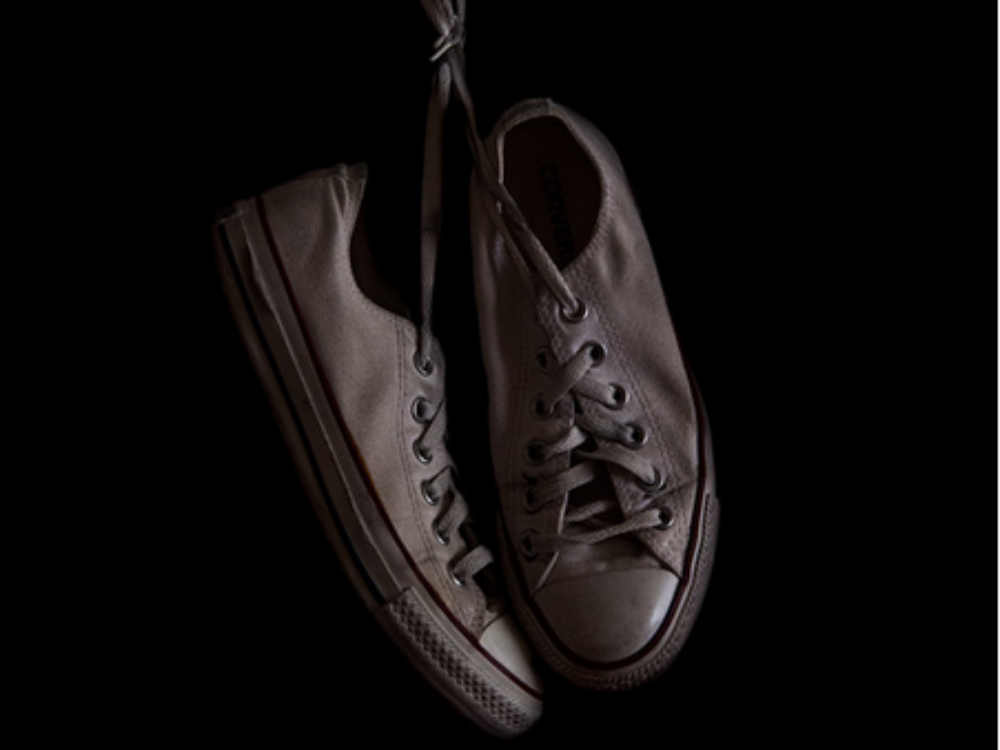
It doesn't matter if you were wearing hot pants or jogging bottoms. We repeat: It doesn't matter. At all.
‘I am trying to challenge society’s assumptions that victims are always in revealing clothing, and I am trying to show the variation in clothing worn – there is no correlation between what victims wear and their attacks, because sexual assault only occurs when a person decides to assault another person,' explains Katherine Cambareri, a photographer, whose series of images (depicting the clothes worn by women when they were assaulted) has just gone viral. 'A person’s choice of clothing is never a reason to sexually assault someone, and the stereotype that victims are always wearing revealing clothing at the time of their assault is not true.'
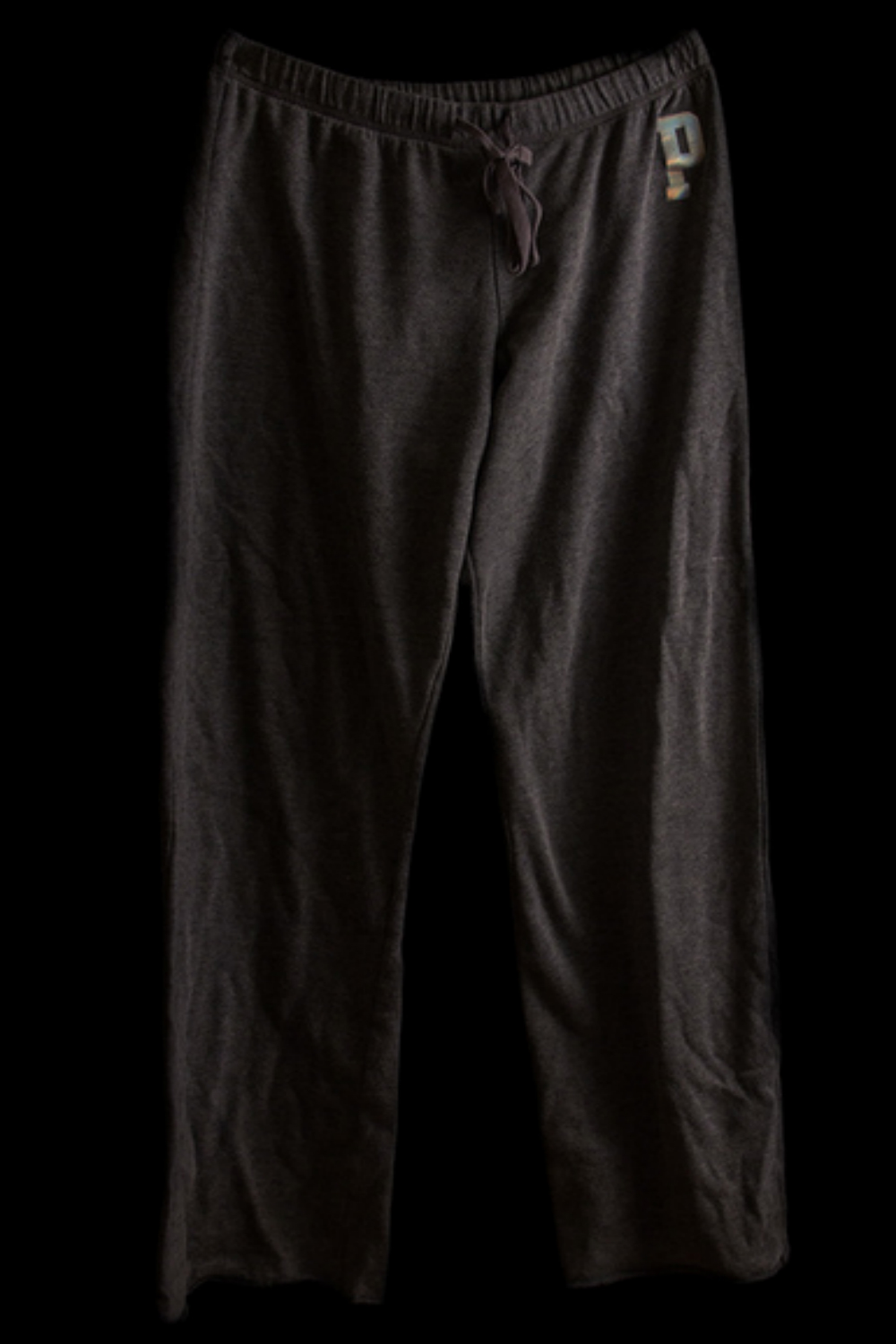
Shot against a black background, Katherine's images are striking. There are jogging bottoms, skirts, jeans and jumpers. There are shorts, and camisoles, and cardigans. Some of the clothes are creased. Others look like they've been washed, repeatedly, at a high temperature until the colours and associations fade away. Either way, the lighting - grim and bleak and grey - is the only thing the items have in common.
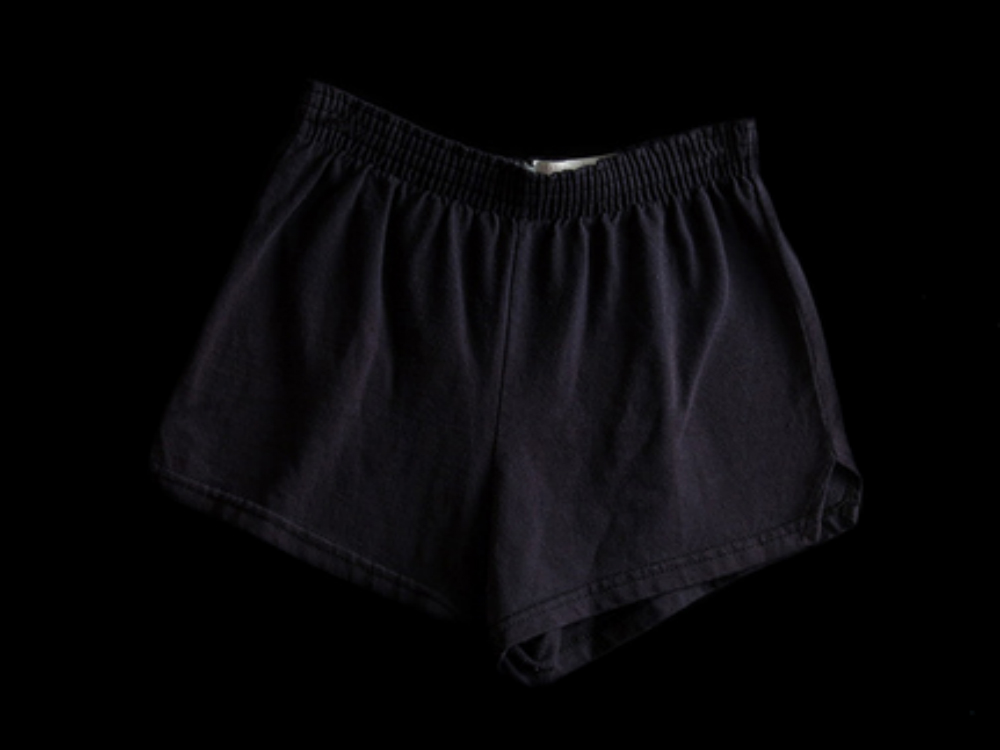
Because that's the point (and we'll keep shouting it until we're hoarse). Victims of rape don't have anything in common. They don't behave a 'certain way', or speak a 'certain way' or dress a 'certain way'. Rape can happen to anybody, at any time, in any place. What they were wearing has nothing to do with it. And that's the truth - which just makes it all the more baffling that judges and lawyers and police officers continue to insist upon asking that question - placing blame upon the woman in question and making her think 'if I'd dressed differently, maybe this wouldn't have happened'.
Making her think it's her fault that she was attacked.
And that's why Katherine's series is so important. ‘I really, really hope to make people uncomfortable looking at these images,’ she said, in an interview with the Metro. ‘I want people to think about victim-blaming and how asking “What were you wearing?,” is not a valid question... victims never “ask” to be assaulted.'
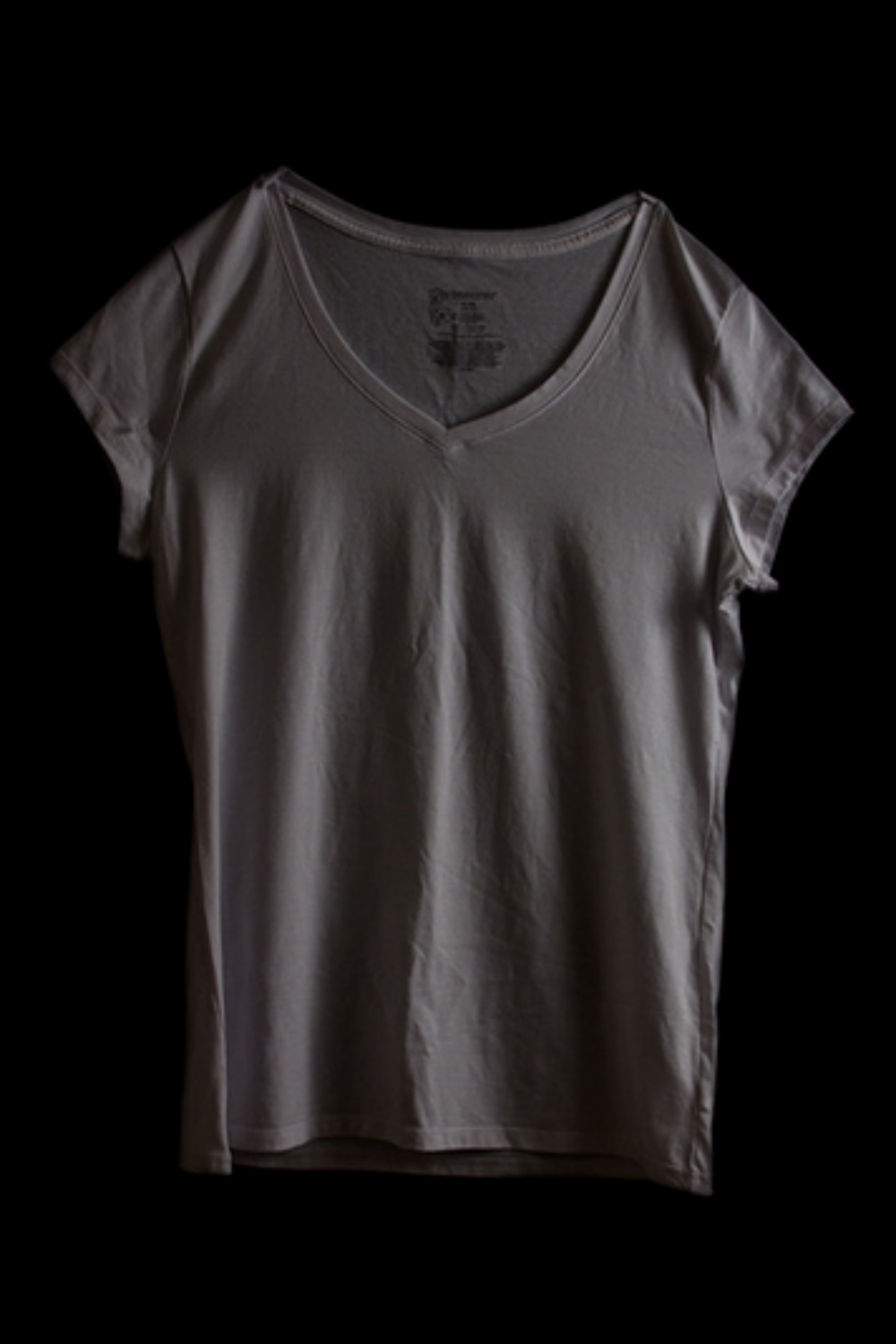
Marie Claire Newsletter
Celebrity news, beauty, fashion advice, and fascinating features, delivered straight to your inbox!
The leading destination for fashion, beauty, shopping and finger-on-the-pulse views on the latest issues. Marie Claire's travel content helps you delight in discovering new destinations around the globe, offering a unique – and sometimes unchartered – travel experience. From new hotel openings to the destinations tipped to take over our travel calendars, this iconic name has it covered.
-
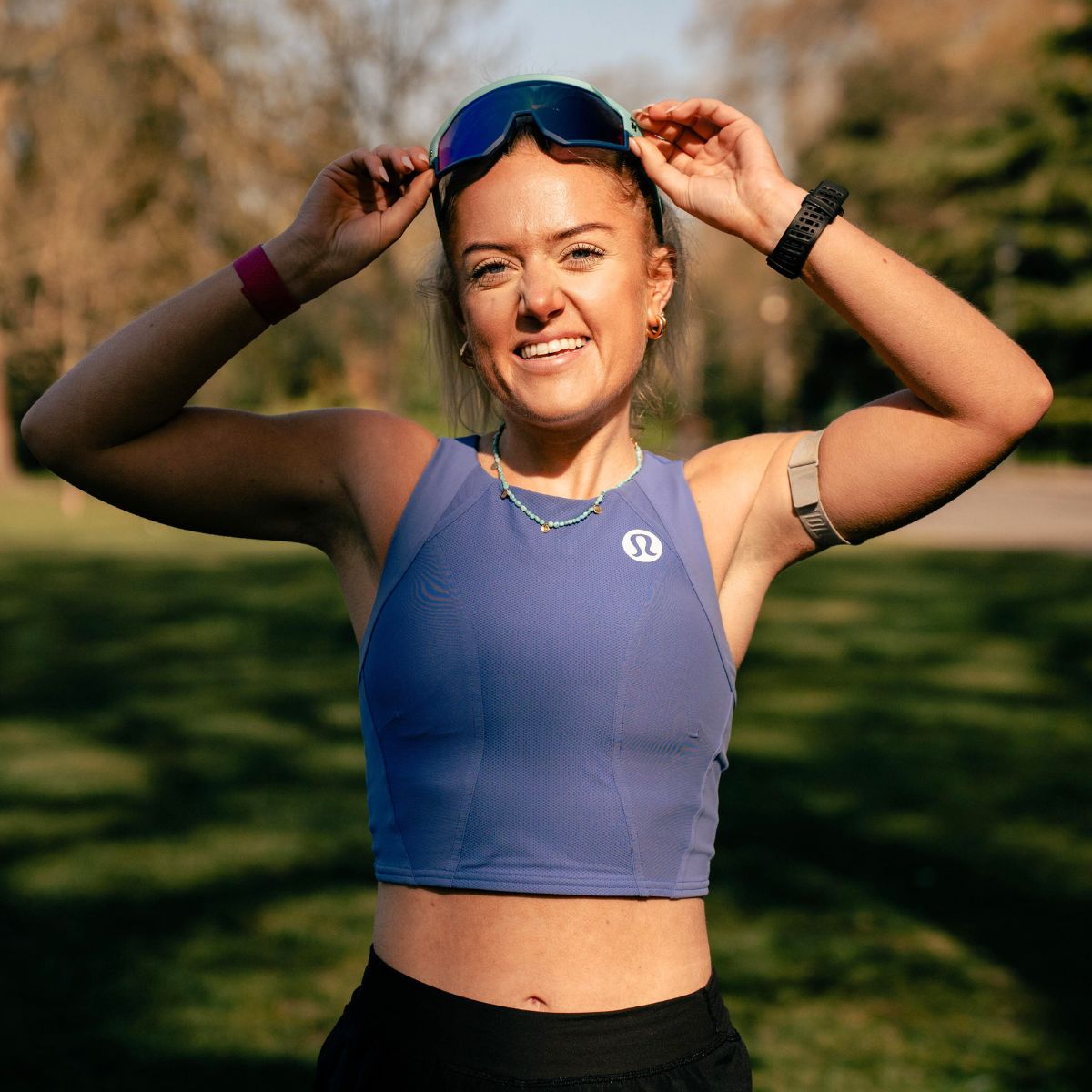 I'd never run a marathon before - six years on, I'm one of the UK's fastest female marathoners. Here's how I train every week
I'd never run a marathon before - six years on, I'm one of the UK's fastest female marathoners. Here's how I train every weekSerious inspo, served.
By Ally Head
-
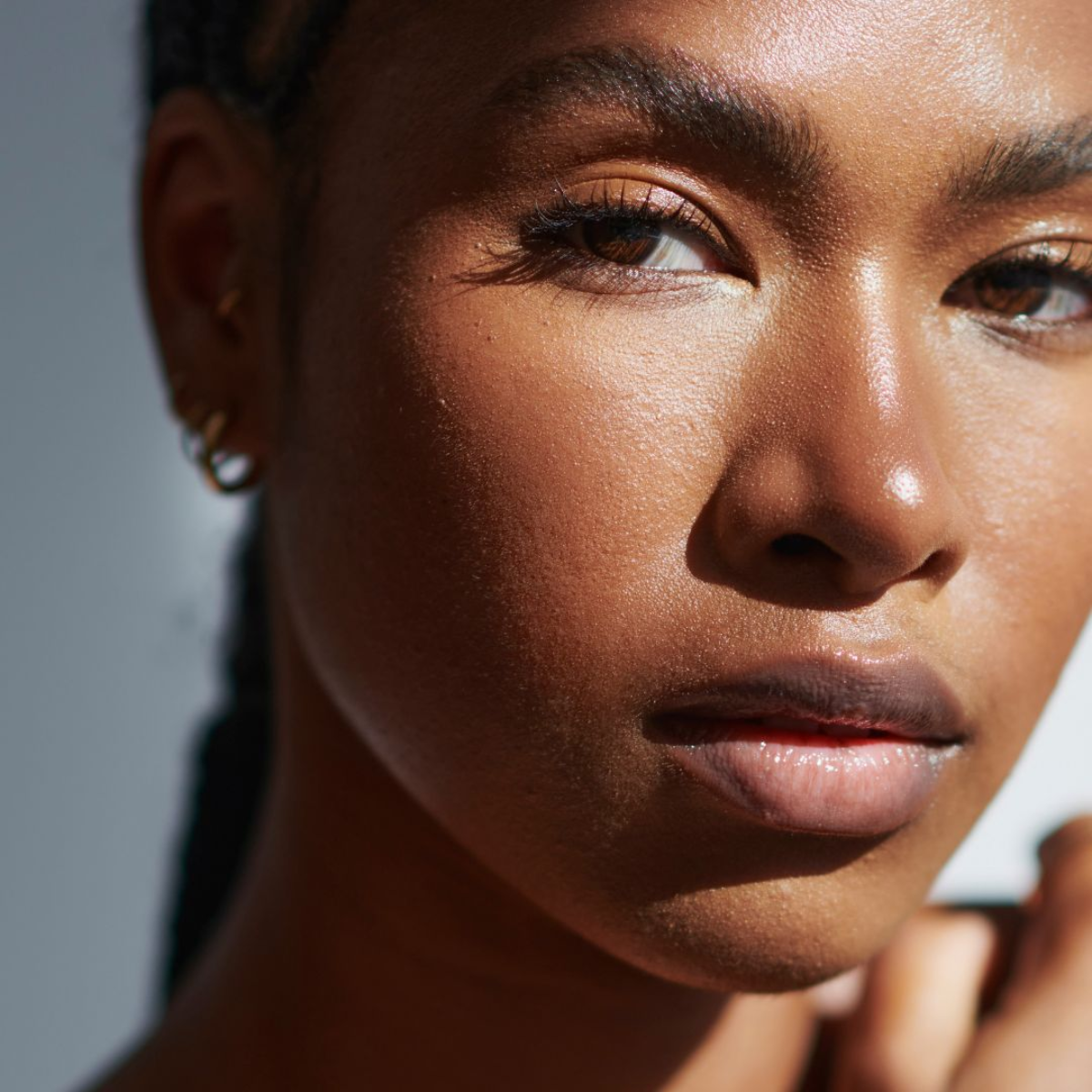 There’s a big difference between sensitive and *sensitised* skin—here are four derms on the key distinctions
There’s a big difference between sensitive and *sensitised* skin—here are four derms on the key distinctionsPlus, ways to approach both
By Denise Primbet
-
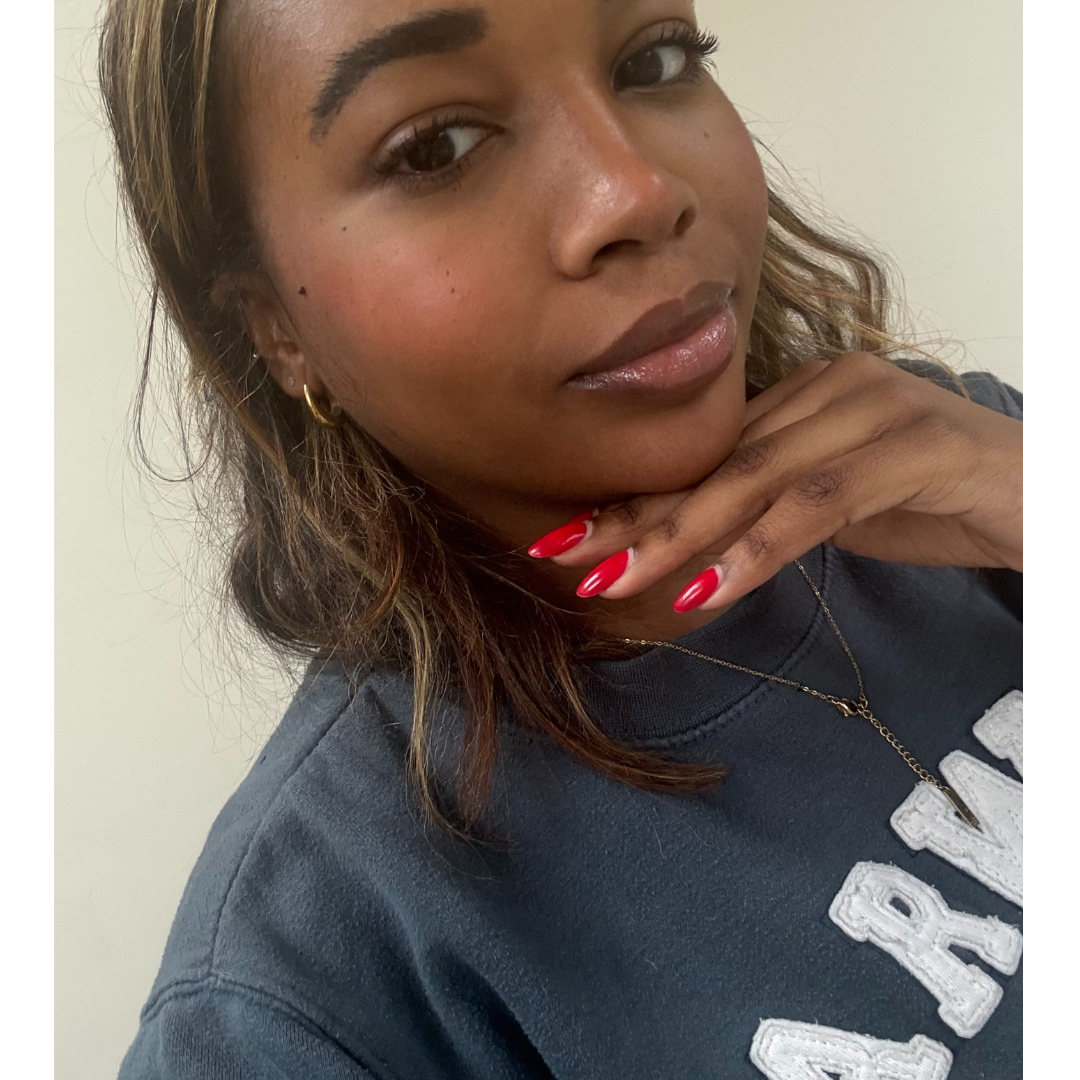 I'm don't mean to sound dramatic, but honestly every time I wear this blusher I'm bombarded with compliments
I'm don't mean to sound dramatic, but honestly every time I wear this blusher I'm bombarded with complimentsA cheeky glow
By Lollie King